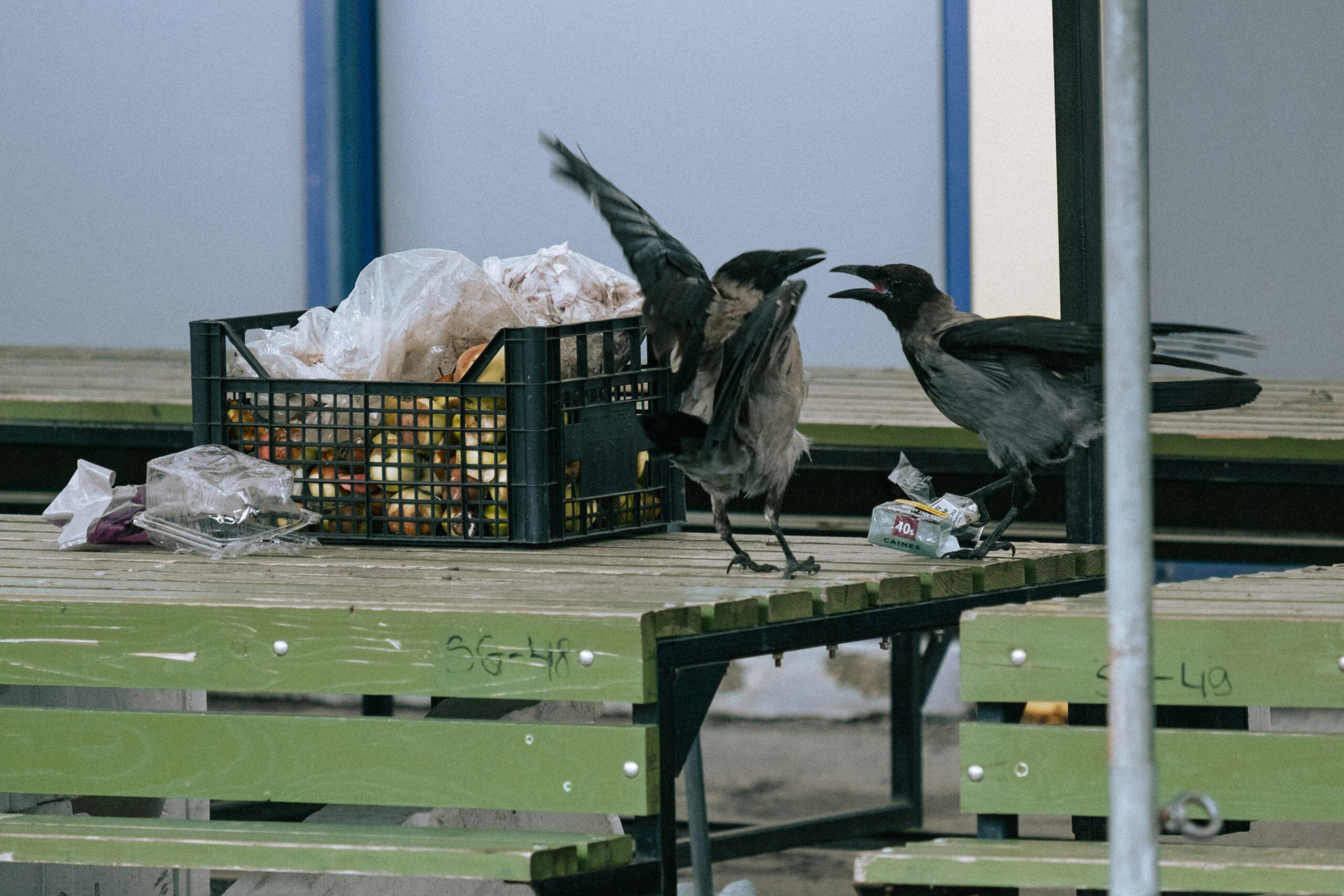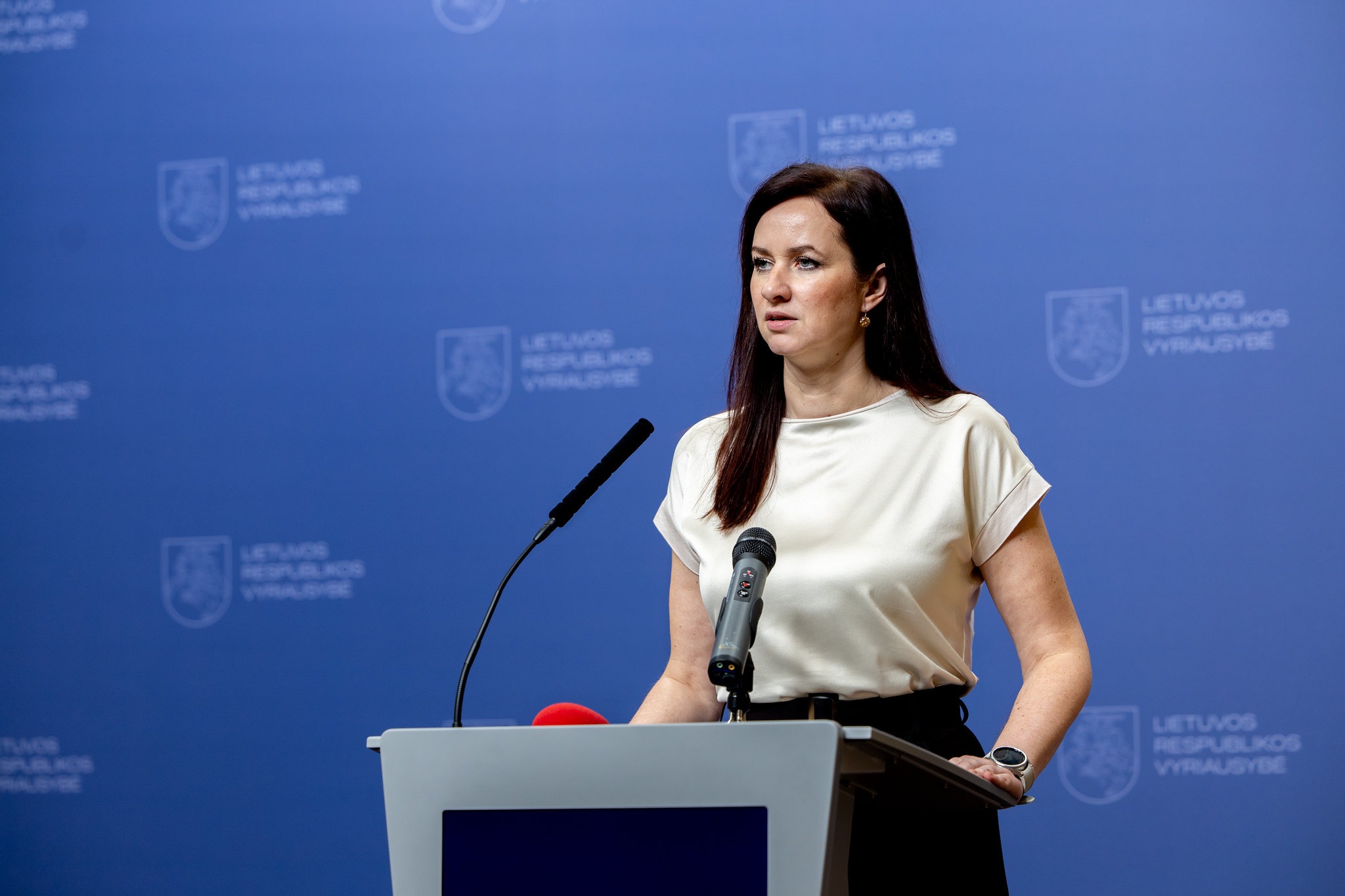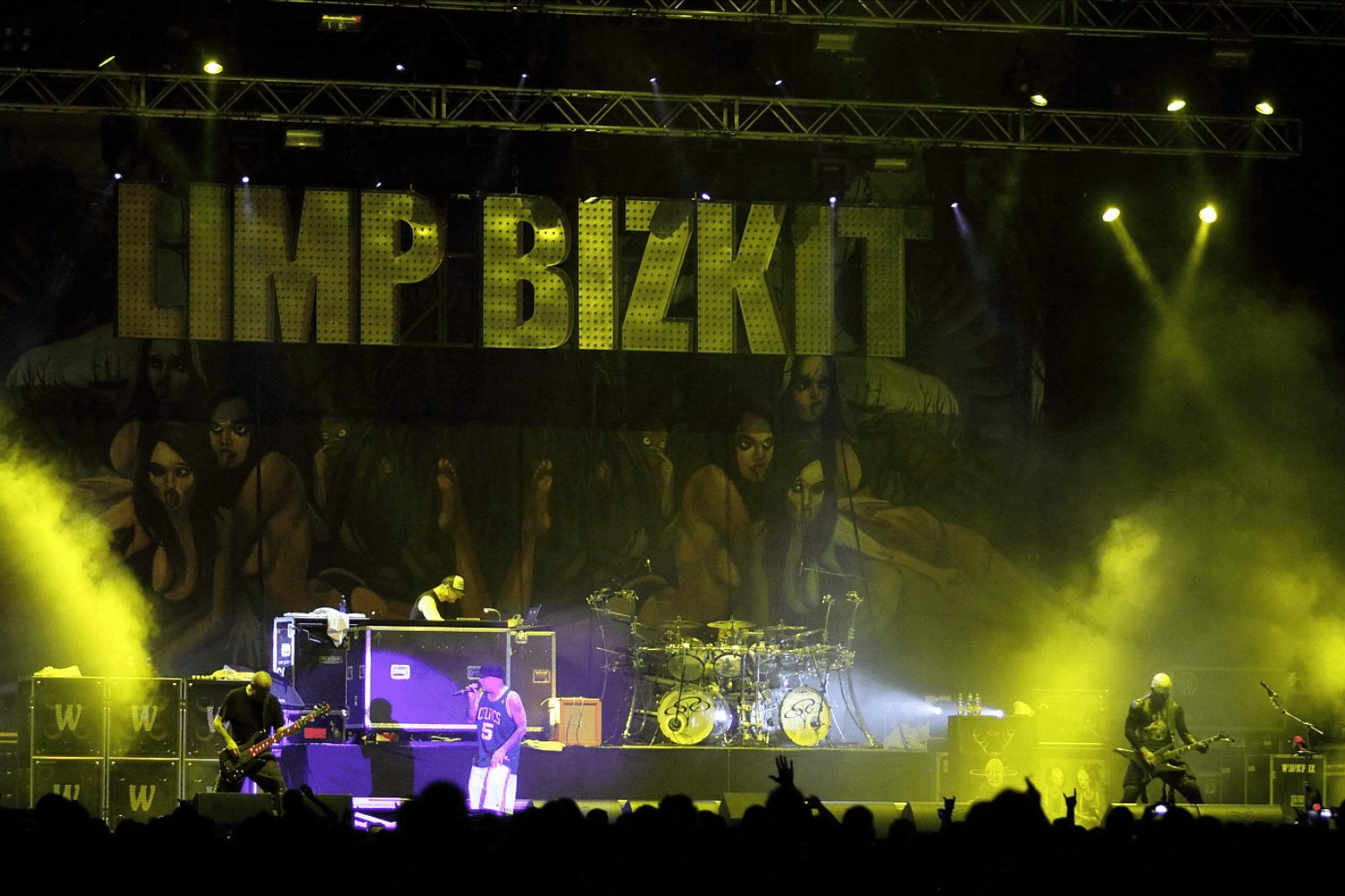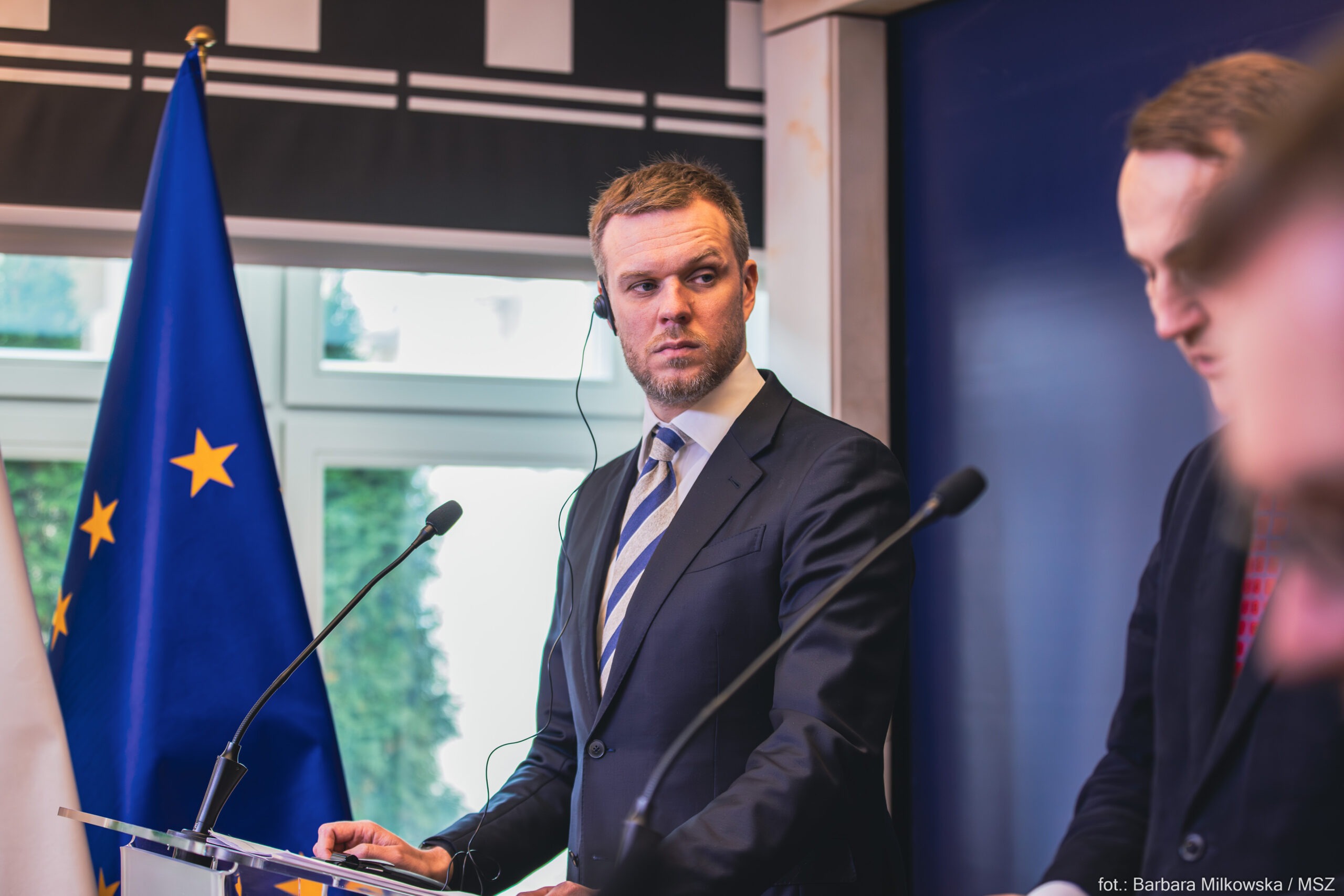
Main narratives:
- Latvia is Russophobic;
- Latvia is underdeveloped.
Overview:
Over the last week monitored social media portrayed Latvia as Russophobic, tying this narrative together with Latvia as the economic failure narrative and dismissing Latvia’s concerns about potential Russian aggression.
Latvian worries about threats from Russia were dismissed by characterizing Latvia as an unattractive target. Economy was described as a “mess”: “Do we need another poor region?” Russia “doesn’t have the money to support” Latvia if it were conquered. The underlying message suggested that Latvia isn’t worth invading while simultaneously portraying Latvian fears as irrational and the result of “brainwashing” by Latvian “politicians set on fighting Russia.”
Multiple posts framed Latvia as Russophobic. One of them covered statements by Latvian nationalist Elita Veidemane that the Russian language makes her vomit. Other posts framed Latvian language policies as discriminatory against Russian speakers, claiming that authorities are “strangling” the Russian language and attempting to ban it even as a second foreign language in schools. Proposed additional sanctions against Russian and Belarusian goods were also characterized as economically naive and irrational. Another post accused Latvian language media of deliberately presenting more anti-Russian headlines compared to Russian language publications to manipulate public opinion.
This framing seeks to create and exploit divisions between Russian-speaking and Latvian-speaking communities within Latvia. A core theme suggests that Latvian politicians focus on anti-Russian measures rather than addressing genuine domestic problems like bureaucracy, healthcare access, high costs of medications and food, and business development.









